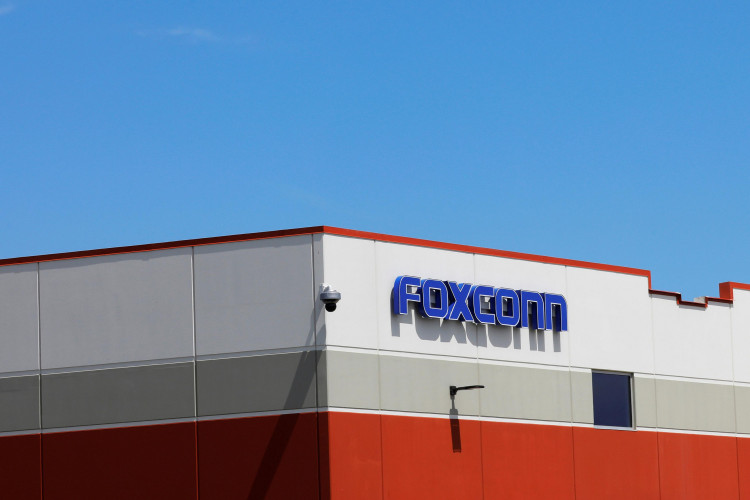Despite withdrawing from a joint venture in chip production, Foxconn, Apple's key supplier, appears to be pushing forward with expanding its production capabilities in India.
According to insiders quoted by the media on July 31, Foxconn plans to invest nearly $500 million in setting up two component factories in India. At least one of these is expected to be located in Karnataka, a southern Indian state, where components for Apple products, including the iPhone, will be manufactured.
Sources indicate that the exact locations for the new plants have not been decided yet, but Foxconn could announce these plans as early as this week. Apple, Foxconn, and the Karnataka state government have not commented on the reports.
However, on Monday, Foxconn inked a preliminary agreement with the local government in Tamil Nadu, another southern Indian state. Under the agreement, Foxconn will invest 16 billion Indian Rupees, equivalent to roughly $195 million, to build a parts factory locally, potentially creating about 6,000 jobs.
Earlier in March, media outlets reported that Foxconn planned to invest $700 million in a new factory near Bangalore airport, the capital of Karnataka state. The factory would produce components for the iPhone, and possibly parts for Apple's electric vehicle business. At the time, this was hailed as one of Foxconn's largest single investments in India.
Media also reported that Foxconn aims to double the production capacity of an existing factory in Chennai, India, with the goal of producing roughly 20 million iPhones annually by 2024 and doubling its workforce to 100,000.
Analysts predict that the share of iPhones assembled in India for Apple could increase from less than 5% to between 10% and 15%. In an effort to promote domestic manufacturing, the Indian government has provided financial incentives to Apple suppliers, including Foxconn.
Foxconn's Chairman and CEO, Liu Young-Way, met with Indian Prime Minister Narendra Modi in March but did not comment on the planned $700 million factory investment.
In subsequent media interviews, Liu expressed that Foxconn is de-risking its operations in response to US-China relations and reconfiguring its supply chain, with a strong focus on electric vehicles. The company hopes to achieve a 5% global market share in electric vehicles over the next few years.
When asked during the Summer Davos Forum in Tianjin in June if Apple planned to move its supply chain from mainland China, Liu clearly stated, "No."
Liu explained to the media at the forum that de-risking does not mean de-capacitizing. The risk referred to here is managerial risk, not production risk. Examples of these risks are natural disasters such as earthquakes and storms, with the primary focus on sustainable development of the company.
Earlier in July, Foxconn withdrew from a semiconductor project in India. This move was seen as a major blow to the Indian government's ambition to create a high-tech manufacturing powerhouse. Analysts believe that Foxconn's decision could also cause concerns and doubts for other companies.
On July 10, Foxconn announced it would no longer proceed with its planned $19.5 billion factory project with India's Vedanta Group. The joint venture factory was initially set to produce semiconductor and display components and was to be located in Gujarat, the home state of Prime Minister Modi.
Foxconn did not specify the reasons for its withdrawal. Some media suggested it was due to concerns over delays in the Indian government's approval of incentive measures, and the government's questioning of cost estimates submitted by the joint venture to secure those incentives.
Other reports noted that negotiations stalled with European chip manufacturer STMicroelectronics, who was brought in as a technology partner. While the joint venture managed to secure a technology license from STMicroelectronics, the Indian government expressed its desire for more involvement, such as equity participation. However, STMicroelectronics showed little enthusiasm for this proposal.






